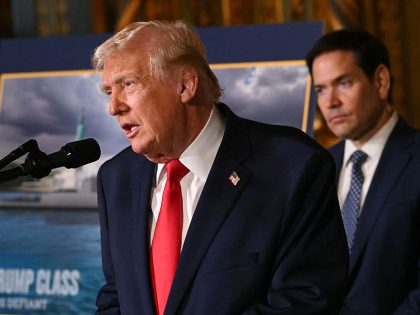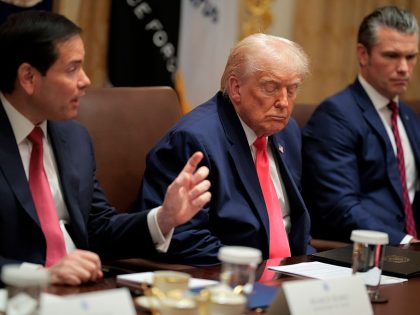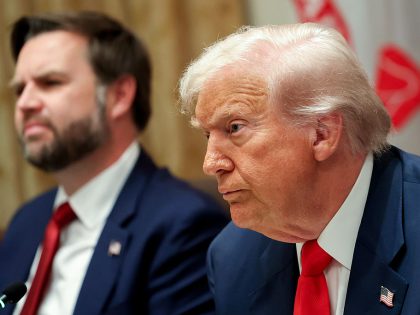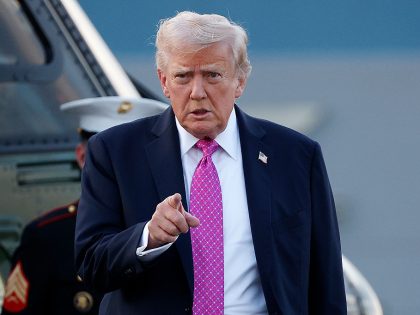
FiveThirtyEight’s Venezuela Problem
When it comes to Venezuela, shoddy data work and simplistic reasoning are too often embraced.
Page 1 of 25Next

When it comes to Venezuela, shoddy data work and simplistic reasoning are too often embraced.

Opposition violence and the government’s increasing authoritarianism are both to blame.

Before Donald Trump’s capture of Nicolás Maduro, corporations filed lawsuits against Venezuela seeking damages tied to state nationalization, international sanctions, and political instability. A Trump-installed government could tilt the courts in their favor.

Bernie Sanders is repeatedly asked absurd questions by mainstream reporters about Venezuela. He should use such questions as an opportunity to talk about the long, bloody history of US intervention there and throughout Latin America.

The recent failed invasion of Venezuela by several clown cars worth of idiotic “freedom fighters” is almost too absurd to believe. But the goofballs aside, this misadventure can only be understood in the context of Donald Trump’s increased aggression toward Venezuela and open desire to overthrow its government.

In 2019, a coalition of conservative forces responded to Nicolás Maduro’s authoritarian turn and Venezuela’s ongoing economic crisis by launching a coup. Despite backing from the US and Venezuelan capital, the conspirators failed. A new book explains why.

After Juan Guaidó’s fumbling coup attempt in Venezuela, it appears advocates of regime change have fallen flat on their faces. But anti-imperialist mobilization is still as necessary as ever.

Trump's attempts to stoke regime change in Venezuela risk plunging the country into civil war. We should staunchly oppose US intervention.

Nothing about Donald Trump’s brazenly illegal actions against Venezuelan president Nicolás Maduro suggests that the American ruling class has learned any lessons from US imperial overreach and failure in Afghanistan, Iraq, or Venezuela itself.

Venezuela is in crisis, and Trump’s saber-rattling is making things worse. Our response should be guided by three principles: non-interventionism, self-determination, and solidarity with the oppressed.

Over the past year, corporate actors who stand to benefit from US-backed regime change in Venezuela spent hundreds of thousands of dollars lobbying the Trump administration, including over their economic access to the resource-rich nation.

For years, right-wingers have sought to destabilize Venezuela, and even proclaimed their own rival “president,” Juan Guaidó. But average Venezuelans understand that US sanctions hurt them — and should be resisted.

For years, US leaders struggled with botched efforts to bring the opposition to power in Venezuela. Talk of the War on Drugs provided a justification for a more direct US assault, imposing regime change without the trappings of democratic transition.

If you want evidence that the US government doesn't actually care about drug trafficking, violation of democratic norms, violation of human rights, or widespread corruption, just look at how the Trump administration has treated Honduras versus how it has treated Venezuela.

Only a deepening of the Bolivarian Revolution can save it.

Authoritarian leaders like to rally their populations against external threats, and Donald Trump has decided that Venezuela is a perfect candidate. So far, though, the public isn’t buying it.

Donald Trump’s assassinations of alleged drug traffickers in Venezuela with zero due process represent some of the greatest dangers of his second term. They can’t be understood apart from the bipartisan history of national security state overreach.

The AFL-CIO’s Solidarity Center has a long history of working hand in glove with the US government in undermining democracy and left labor movements throughout the world. The center emphasizes it has shifted away from these Cold War tactics in recent years. But newly obtained documents show that the Solidarity Center has worked closely with the US to undermine the Venezuelan government in the recent past.

In an interview, investigative journalist and oil policy analyst Antonia Juhasz weighs in on what the fossil fuel industry really wants in Venezuela and how the current situation compares to past wars fought over oil.

As Nicolás Maduro’s increasingly antidemocratic government battles violent right-wing forces, ordinary Venezuelans are watching the gains of Chavismo slip away.